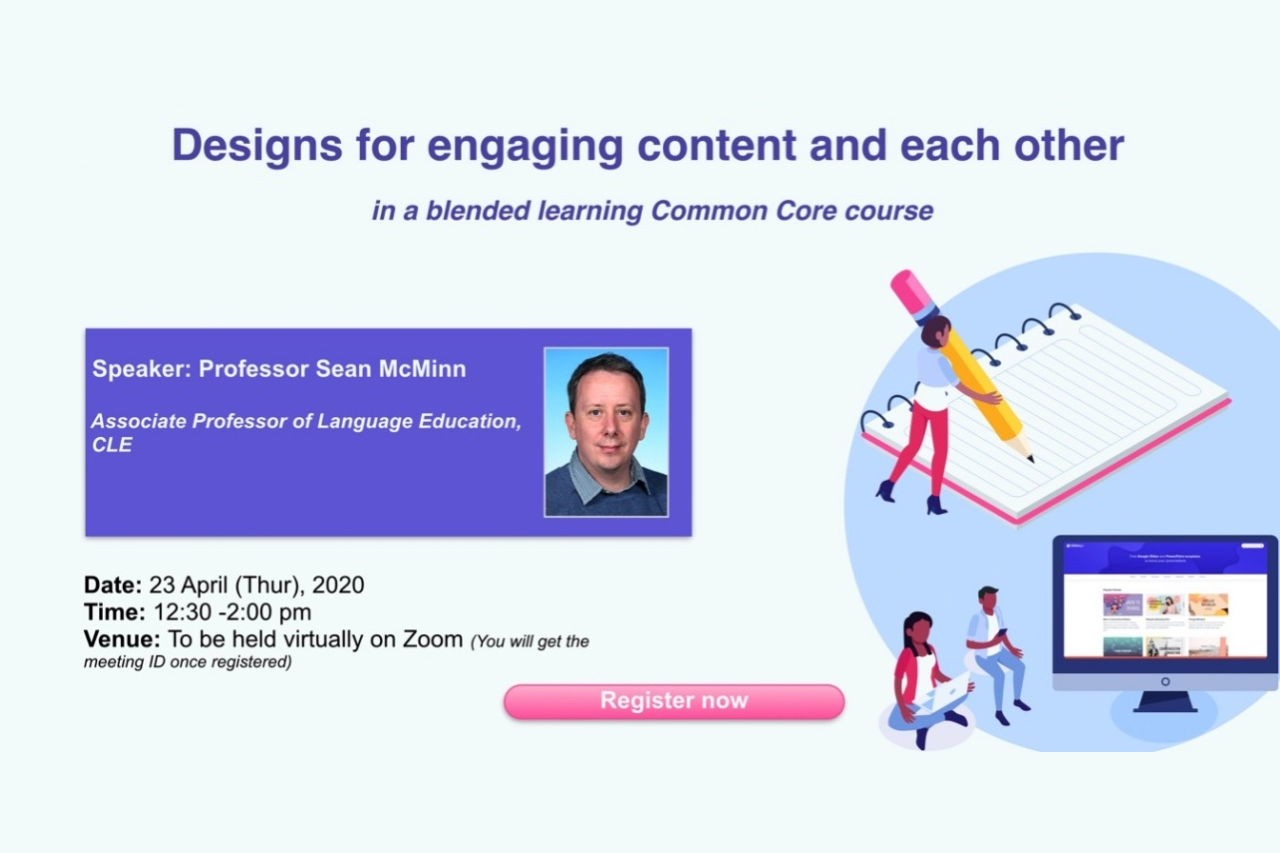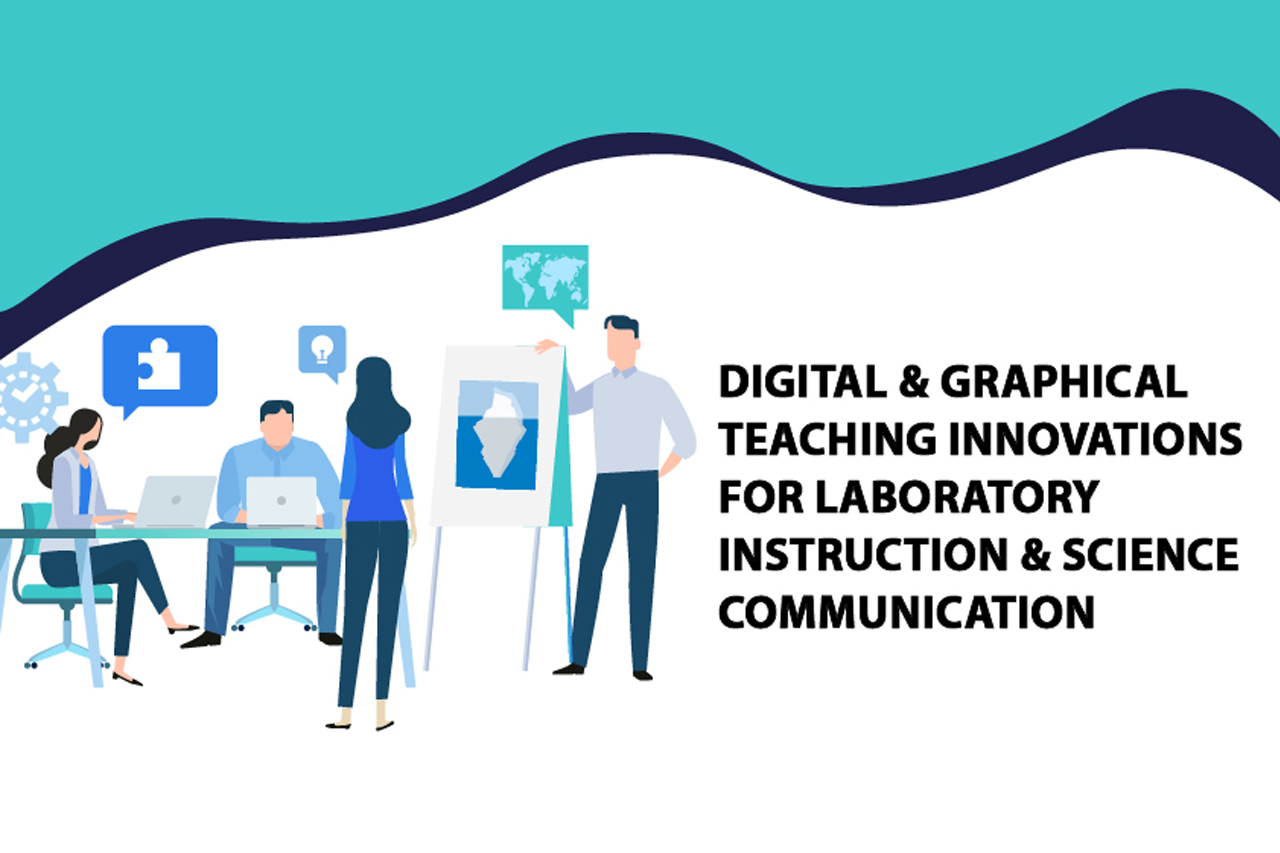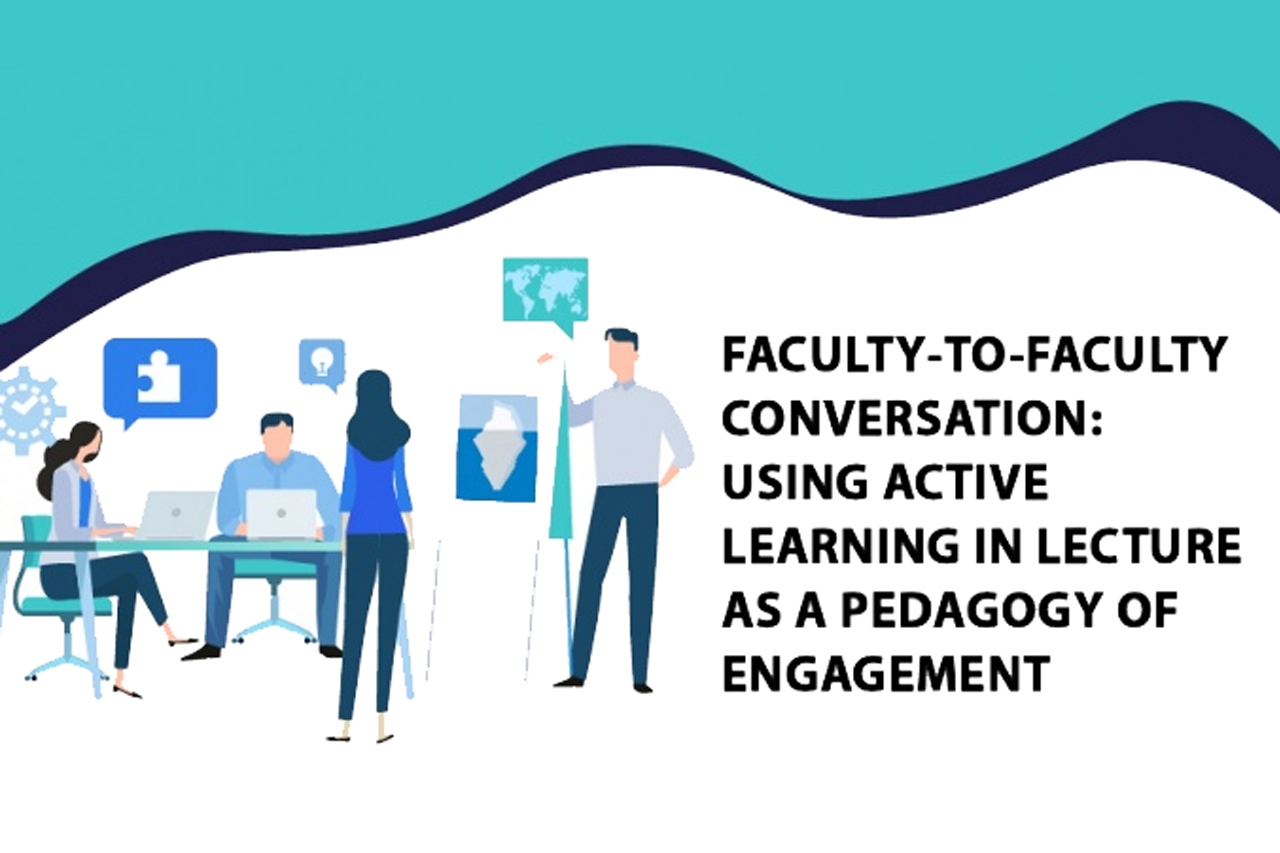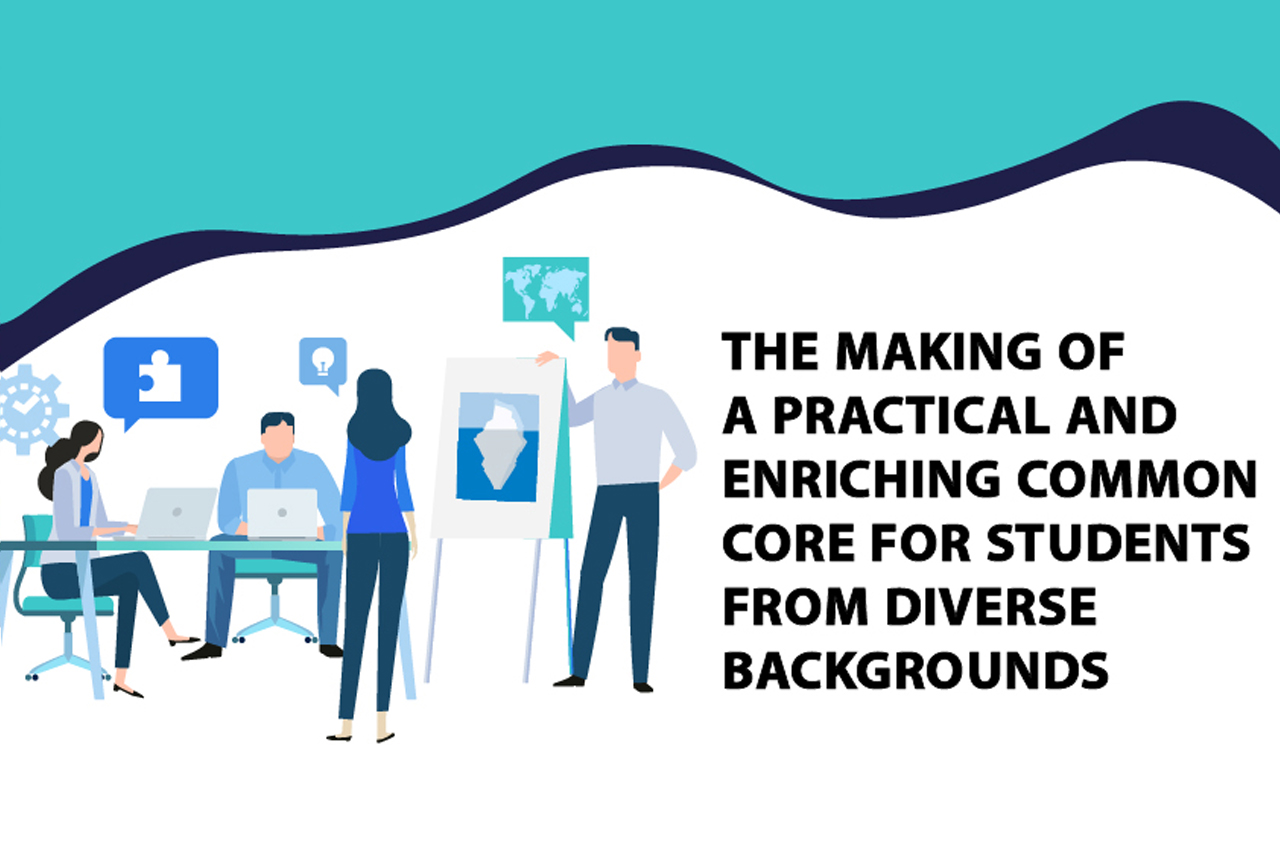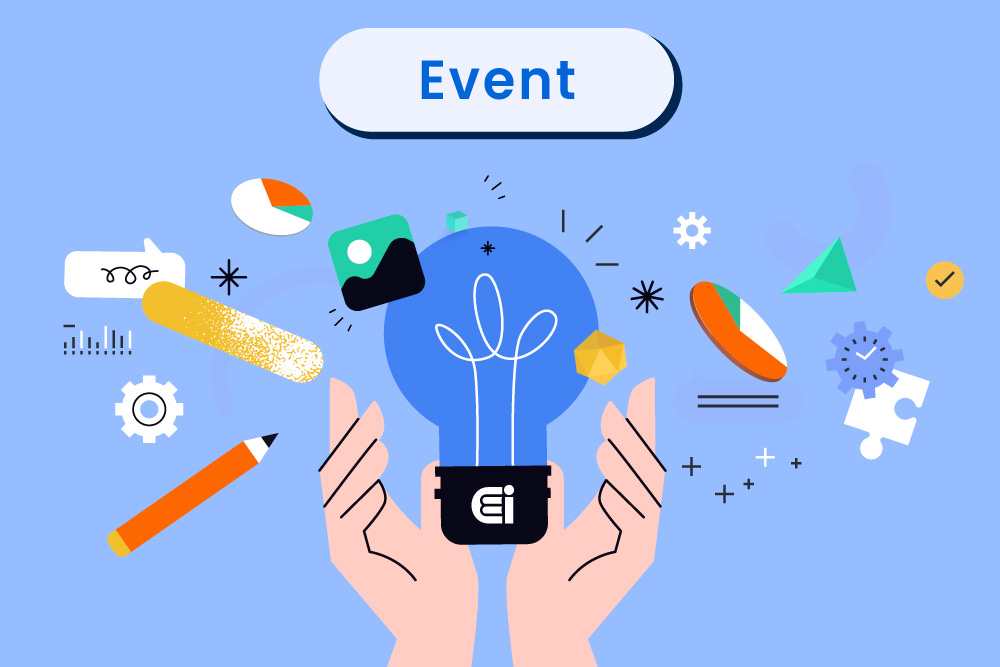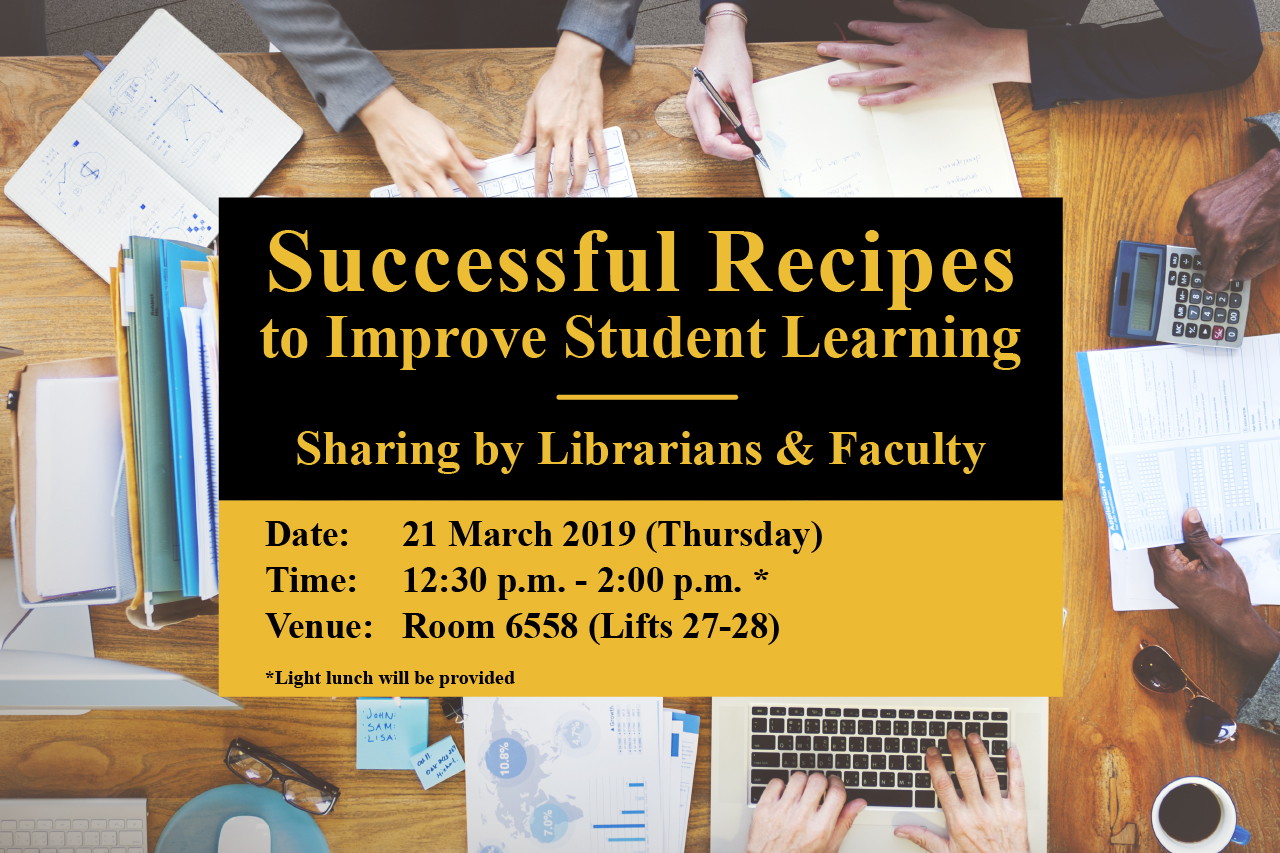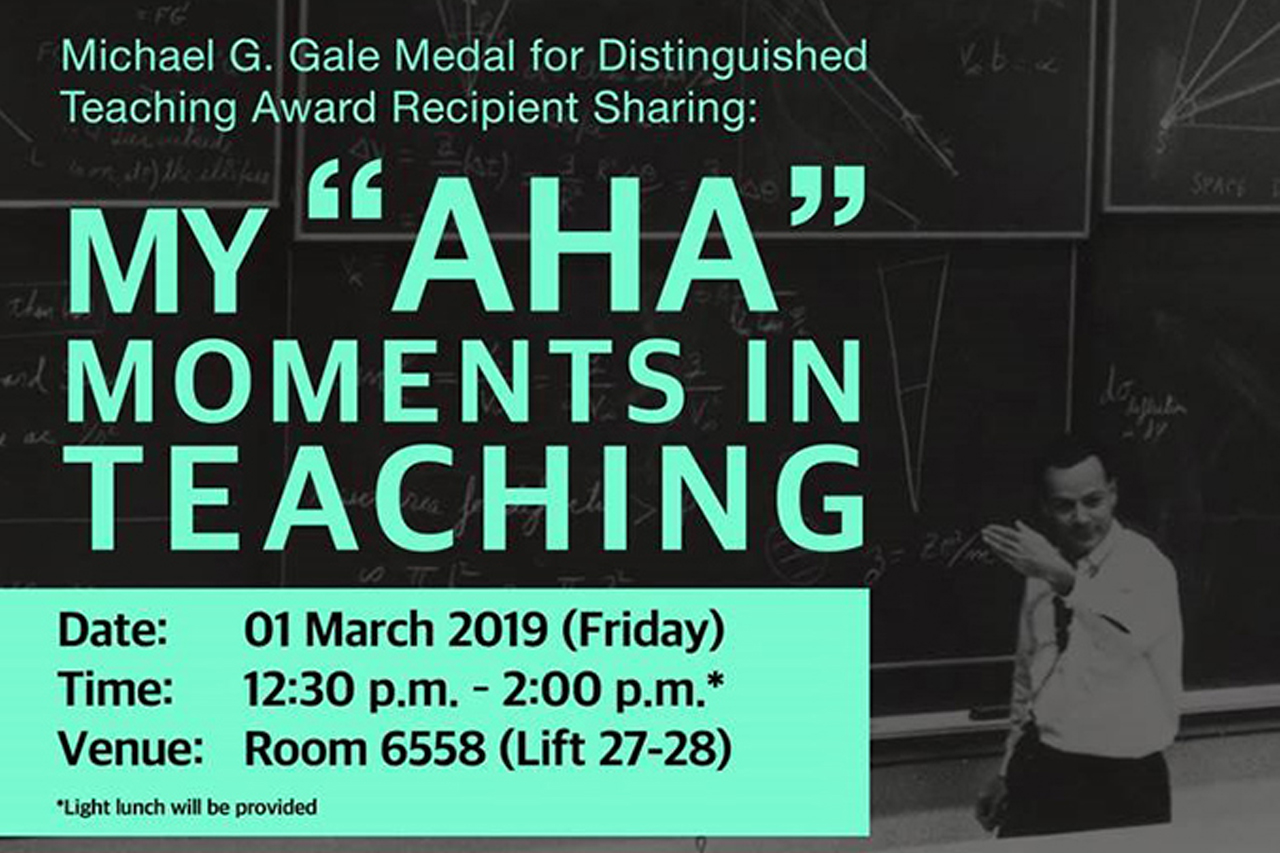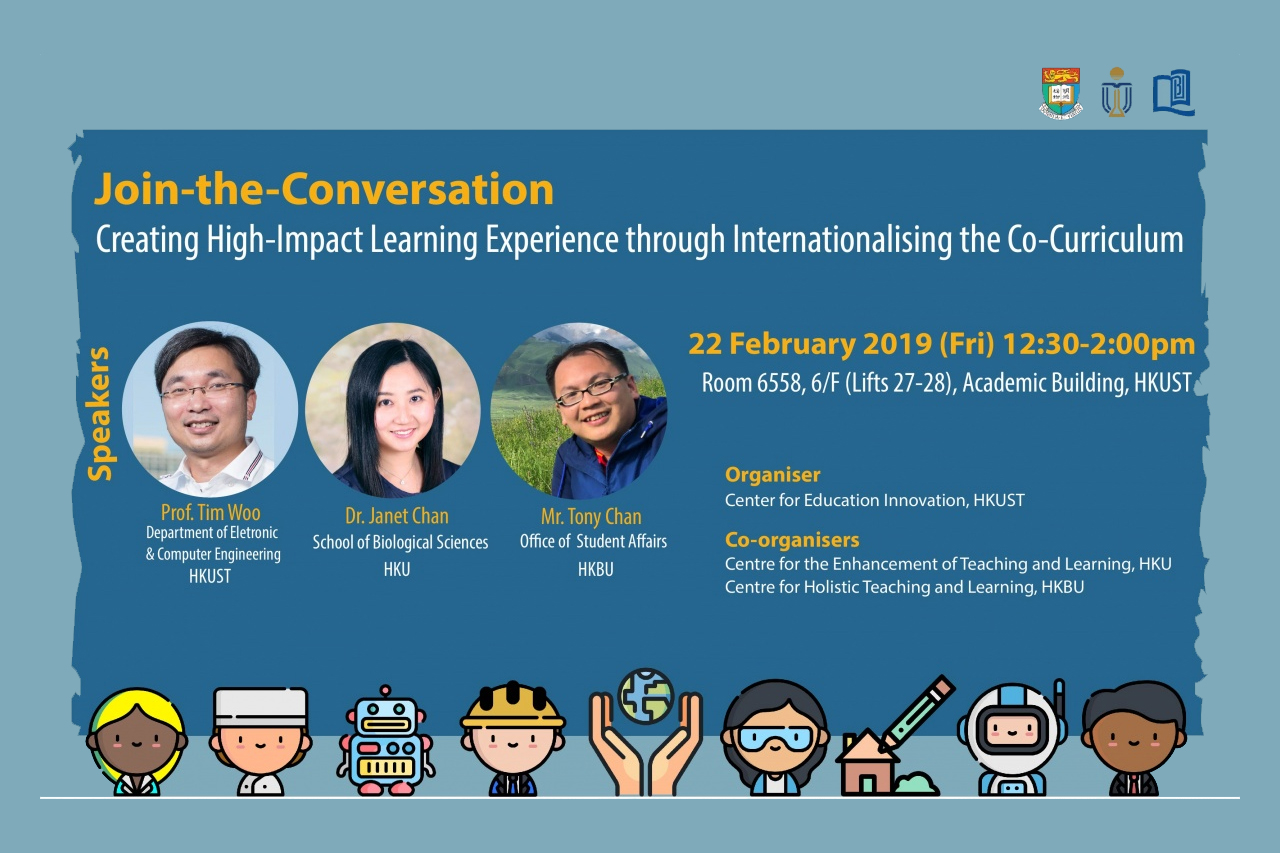Designs for engaging content and each other in a blended learning Common Core course
Abstract:
How can we get students prepared and equipped with the appropriate content knowledge for face-to-face lessons in a blended-learning course? And how do we encourage more engagement among students so they can learn how to apply that knowledge? In this seminar I will discuss various design patterns for blended learning that enable both online and classroom interaction and encourage students to be prepared for lessons and the consequences if they are not.


